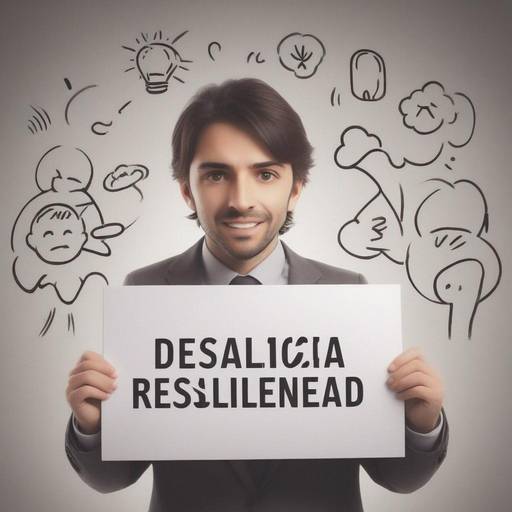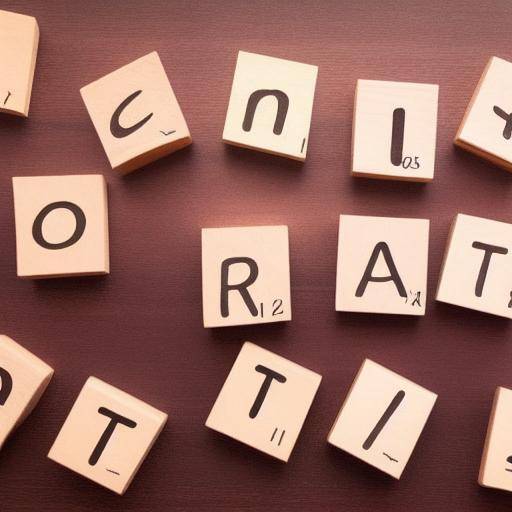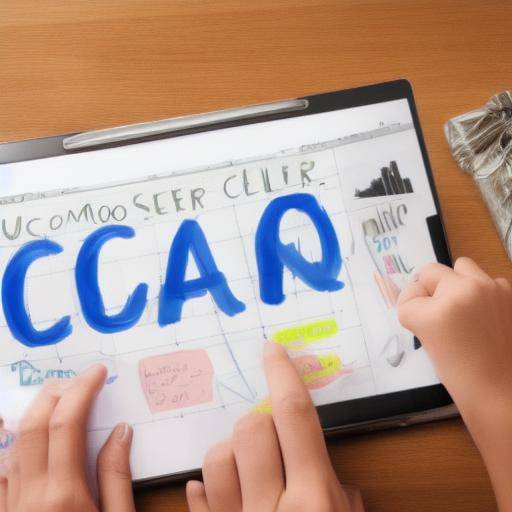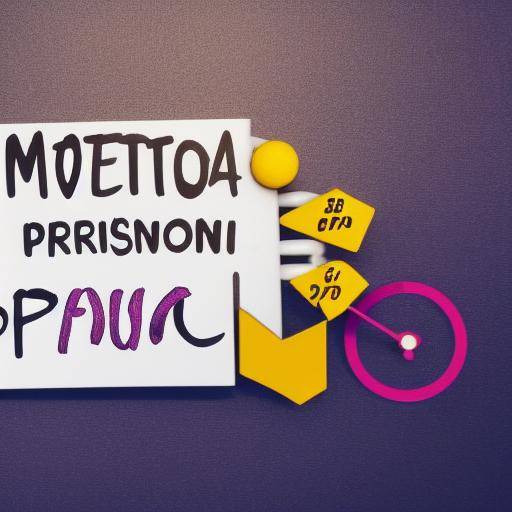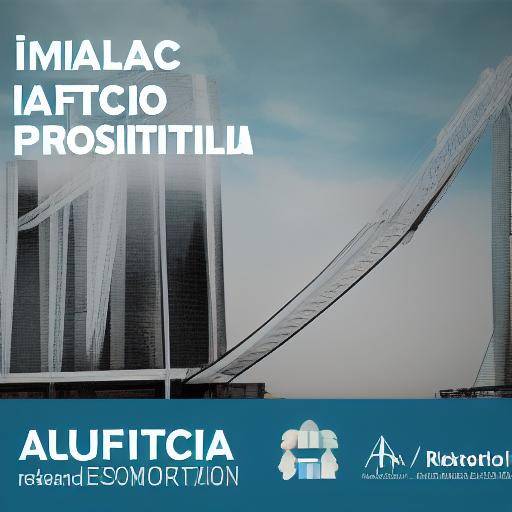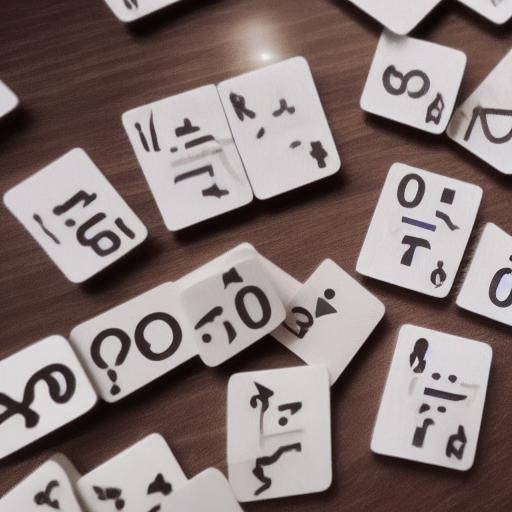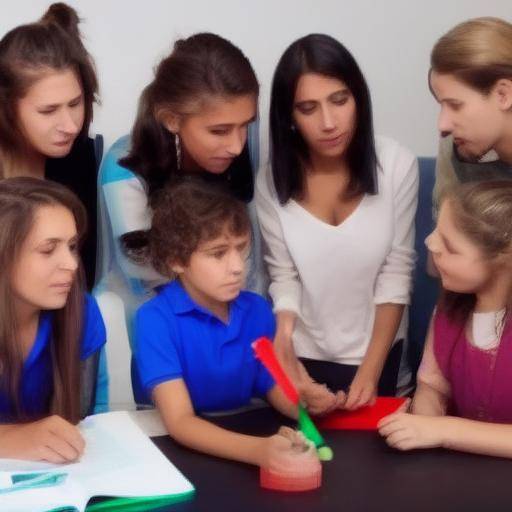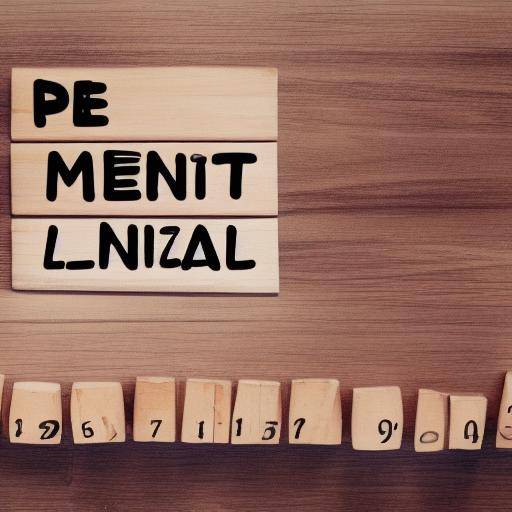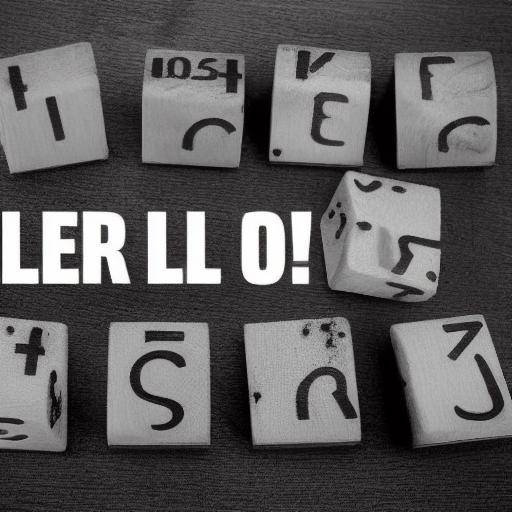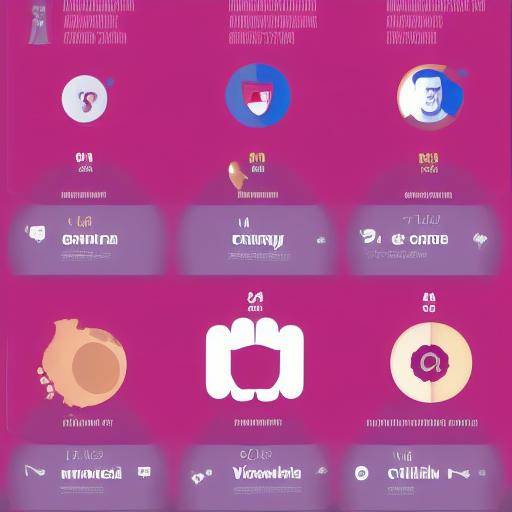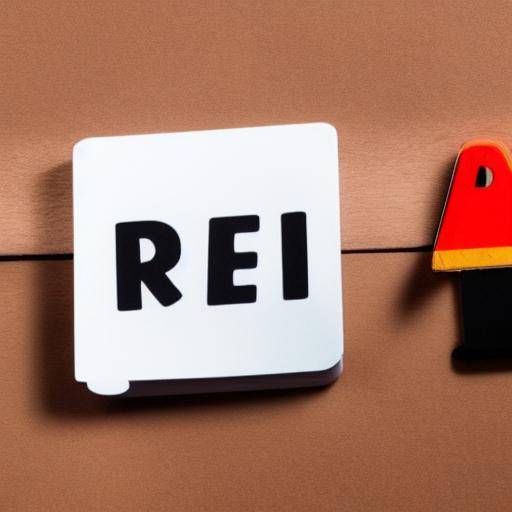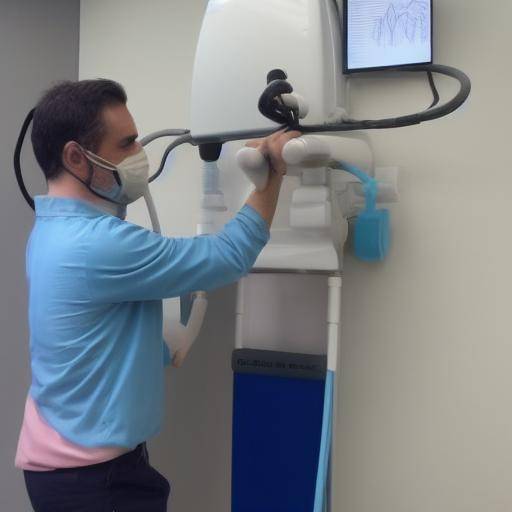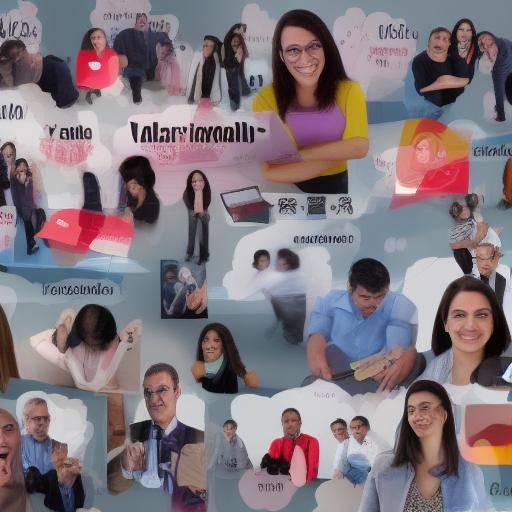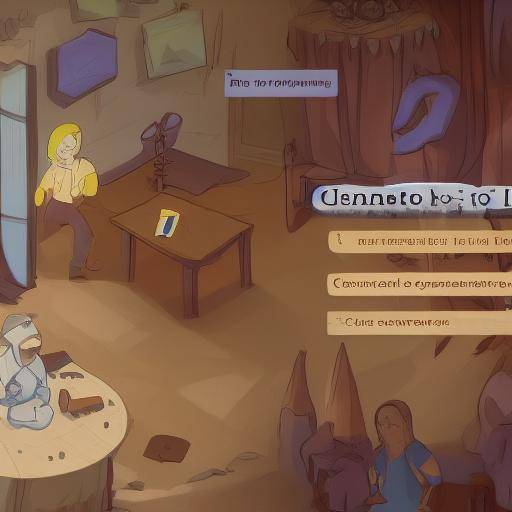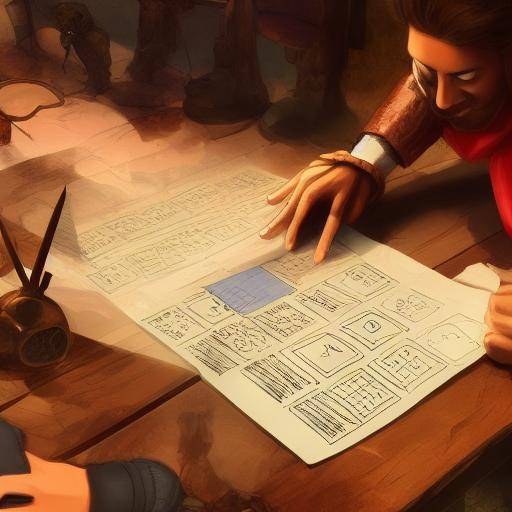
Introduction
The ability to face challenges and recover from adversities is crucial for personal well-being and emotional growth. In this article, we will explore how the role-playing technique can be an effective tool to improve resilience and personal development. We will discover the history of this technique, its role in building resilience, its practical application in everyday situations and its impact on the current landscape. We will also explore the connections between role-playing, resilience and personal development, providing key information, practical advice and expert views to foster a comprehensive understanding of these vital issues.
History and Background
The role-playing, or role play, has its roots in the work of psychologist Jacob L. Moreno in the 1920s. Moreno used it as a therapeutic tool to explore interpersonal relationships through the representation of different social roles. Over time, this technique has expanded to fields such as psychotherapy, teaching, social skills development and business training, acquiring significant relevance in promoting resilience and emotional well-being.
Deep analysis
Role-Playing Benefits for Resilience
The role-playing offers people the opportunity to face and resolve difficult situations in a safe and controlled environment. By practicing adaptation to different roles and scenarios, people can develop greater confidence, empathy and coping skills, essential elements to strengthen resilience. Numerous studies support the effectiveness of role-playing in improving resilience in both clinical and daily environments.
Current Challenges and Trends
Despite its benefits, role-playing also faces challenges, such as the initial resistance of participants and the need for a delicate approach to ensure a positive and constructive experience. In addition, recent trends have led role-playing to virtual and technological environments, creating new opportunities and challenges in their practical application.
Detail
Practices and Best Practices
The role-playing has become a versatile tool for personal development and the promotion of resilience. From the simulation of stressful working situations to communication skills training, the role-playing offers a platform where people can experience and learn from challenging situations in a controlled and safe way.
Perspectives of Experts and Looking to the Future
Professionals and experts in personal development and psychology have recognized the fundamental role of role-playing in strengthening resilience and improving emotional well-being. As technology continues to evolve, role-playing is expected to be further integrated into virtual environments, assuming an even more relevant role in promoting resilience and personal development.
Comparative analysis
Connections between Role-Playing, Resilience and Personal Development
Role-playing, resilience and personal development are intrinsically related. The role-playing offers a bridge to strengthen resilience, as it allows people to explore and practice coping and adaptation strategies in a simulated environment. This process helps to strengthen resilience and contribute to personal growth.
Practical Tips and Accessible Recommendations
- Practice role-playing in safe and supportive environments.
- It uses role-playing as an opportunity to develop communication and coping skills.
- Do not be afraid to explore emotionally challenging roles, as these can offer valuable lessons on resilience and personal development.
Industry Perspectives and Expert Reviews
We interviewed experts in psychology and personal development, who agree that role-playing is a valuable tool to promote resilience and personal development. Their opinions reinforce the idea that role-playing can be a transformative experience for those who seek to strengthen their resilience to adversity.
Case Studies and Practical Applications
Labour context
In a business environment, role-playing has been successfully used to train employees in conflict resolution, stress management and decision-making under pressure. These experiences provide participants with the opportunity to develop coping and resilience skills, resulting in improved work performance and stronger working relationships.
Educational context
In the field of education, role-playing has been integrated as an effective tool to teach social skills, promote empathy and promote conflict resolution among students. This practical application of role-playing demonstrates its usefulness in building resilience from an early age, preparing young people to face future challenges with confidence and determination.
Future Trends and Predictions
Technology Integration
The integration of technology and virtual reality in the role-playing promises to open new frontiers in the application of this technique. The ability to create increasingly realistic and emotionally challenging simulated environments offers opportunities for even deeper personal development and advanced resilience promotion.
Holistic Approach to Personal Development
The role-playing, together with other tools and practices of personal development, is expected to be integrated into more holistic approaches to promote emotional well-being and resilience in the clinical, educational and labour spheres. This evolution reflects a growing awareness of the importance of building and maintaining resilience in different areas of life.
Conclusions and FAQs
Conclusions
Role-playing emerges as a powerful tool to strengthen resilience and foster personal development in a variety of contexts. By practicing adaptation to different roles and situations, people can cultivate key skills to face challenges and recover from adverse experiences.
Frequently asked questions
- What is the difference between role-playing and game therapy? The role-playing focuses on the representation of social roles, while gambling therapy covers playful activities to address emotional and personal concerns.
- How can I incorporate role-playing into my daily life? You can practice role-playing in everyday situations to improve your communication skills, troubleshooting and empathy.
- Is the role-playing suitable for all? While role-playing can be beneficial for many people, it is important to consider individual preferences and comfort when participating in role-representation activities.
- What are some common examples of role-playing applications in working environments? The role-playing is commonly used for training in sales skills, conflict resolution, complaint management and negotiation.
- What is the role of role-playing in developing leadership skills? The role-playing offers leaders the opportunity to practice and perfect their communication skills, decision making and managing challenging situations.
- Is there scientific evidence to support the effectiveness of role-playing in improving resilience? Many studies have shown that role-playing is an effective tool to strengthen resilience and improve emotional well-being in a variety of contexts.
With the understanding of the benefits of role-playing in the promotion of resilience and personal development, it is clear that this technique offers a valuable path to emotional strength and personal growth. By integrating role-playing into our daily lives, we can cultivate fundamental skills to face challenges with determination and understand our potential for resilience.







